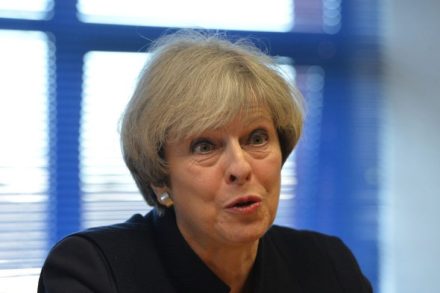Letters | 30 March 2017
No blanket solution Sir: Paul Collier is right to say that the refugee crisis will not be solved with tents and food alone (‘The camps don’t work’, 25 March). But context is everything, and aid remains vital. In middle-income countries such as Jordan and Lebanon, getting refugees into jobs is essential. Businesses are part of the
















